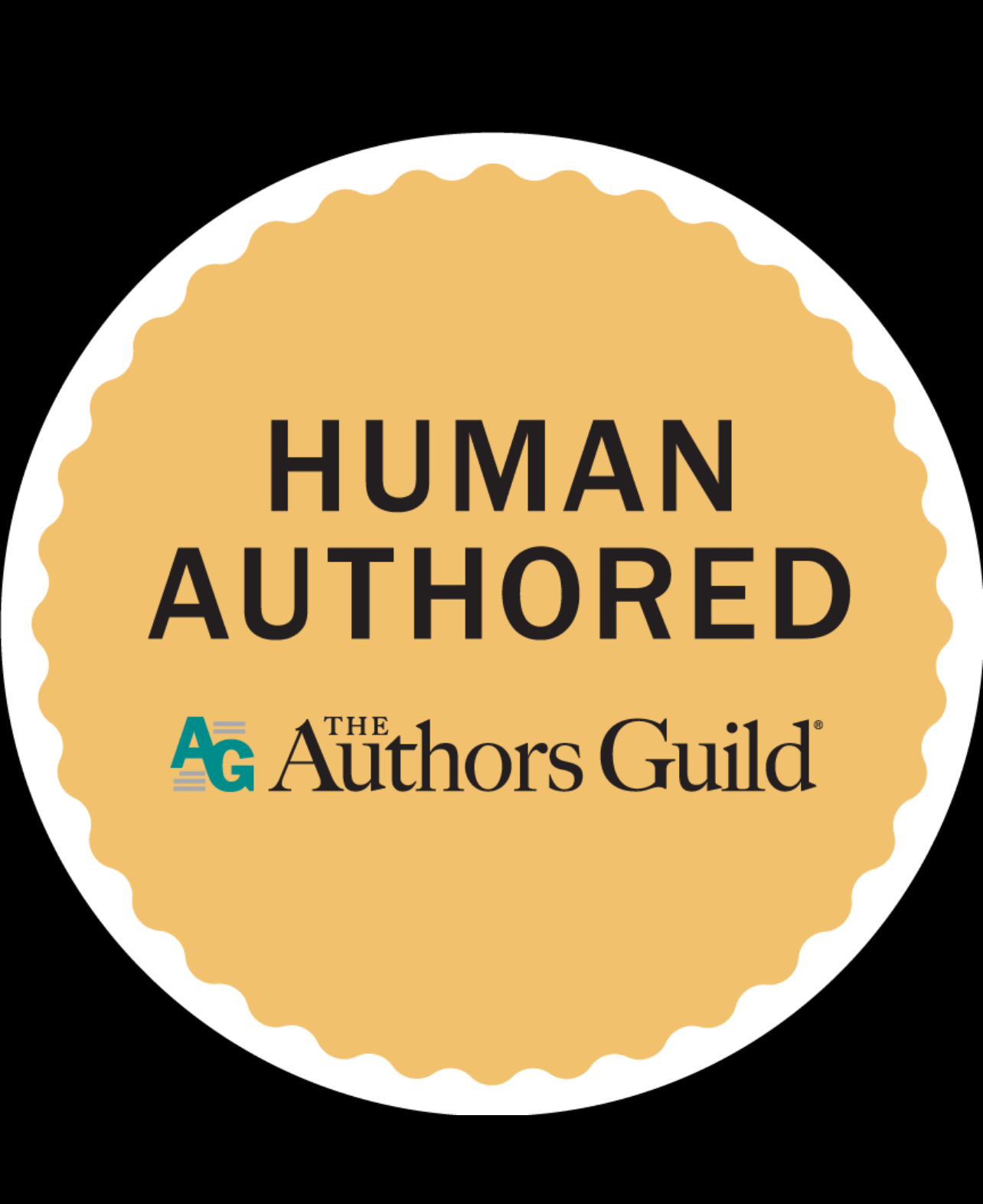Garrison Lovely, The Guardian; Californians want controls on AI. Why did Gavin Newsom veto an AI safety bill?
"I’m writing a book on the economics and politics of AI and have analyzed years of nationwide polling on the topic. The findings are pretty consistent: people worry about risks from AI, favor regulations, and don’t trust companies to police themselves. Incredibly, these findings tend to hold true for both Republicans and Democrats.
So why would Newsom buck the popular bill?
Well, the bill was fiercely resisted by most of the AI industry, including Google, Meta and OpenAI. The US has let the industry self-regulate, and these companies desperately don’t want that to change – whatever sounds their leaders make to the contrary...
The top three names on the congressional letter – Zoe Lofgren, Anna Eshoo, and Ro Khanna – have collectively taken more than $4m in political contributions from the industry, accounting for nearly half of their lifetime top-20 contributors. Google was their biggest donor by far, with nearly $1m in total.
The death knell probably came from the former House speaker Nancy Pelosi, who published her own statement against the bill, citing the congressional letter and Li’s Fortune op-ed.
In 2021, reporters discovered that Lofgren’s daughter is a lawyer for Google, which prompted a watchdog to ask Pelosi to negotiate her recusal from antitrust oversight roles.
Who came to Lofgren’s defense? Eshoo and Khanna.
Three years later, Lofgren remains in these roles, which have helped her block efforts to rein in big tech – against the will of even her Silicon Valley constituents.
Pelosi’s 2023 financial disclosure shows that her husband owned between $16m and $80m in stocks and options in Amazon, Google, Microsoft and Nvidia...
Sunny Gandhi of the youth tech advocacy group Encode Justice, which co-sponsored the bill, told me: “When you tell the average person that tech giants are creating the most powerful tools in human history but resist simple measures to prevent catastrophic harm, their reaction isn’t just disbelief – it’s outrage. This isn’t just a policy disagreement; it’s a moral chasm between Silicon Valley and Main Street.”
Newsom just told us which of these he values more."
